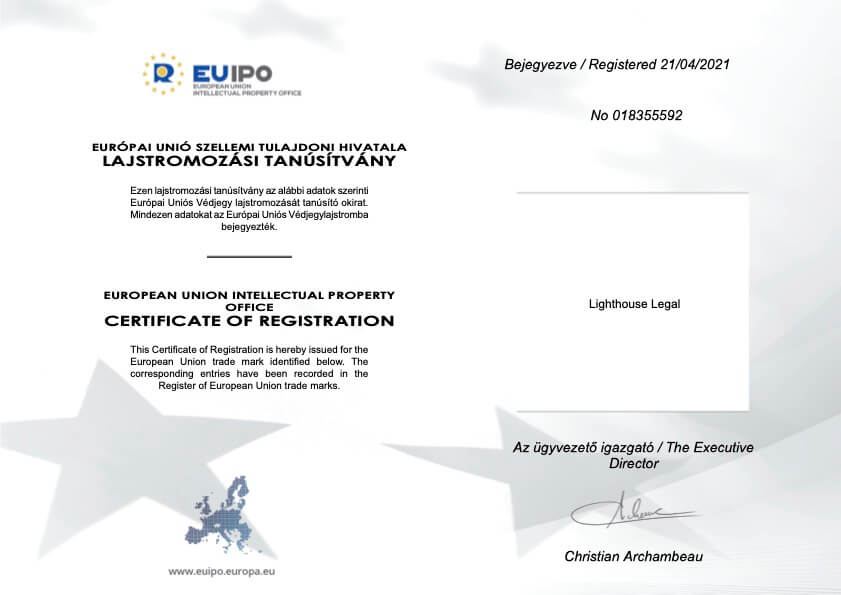
Whistleblowing refers to the communication of information that is protected by the freedom of expression.
Practically it is an opportunity to disclose insider information that brings to the attention of an organisation, employer or authority an unlawful activity that the whistle-blower has noticed. Operating an abuse reporting system for large companies is, in addition to the legal obligation, a matter of reputation and prestige.
The new Complaints Act makes it mandatory for companies employing at least 50 people to operate such a system..
The establishment of whistleblowing systems generates a substantial legal and IT challenge. On the legal side, it affects the entire set of rules related to HR (Code of Ethics, Privacy Notice, Employer's Information Booklet, etc.). When designing such systems, particular care is taken to ensure that the system can actually fulfil its purpose, that the people concerned are aware of it, it is easily accessible to anyone, and it indeed guarantees anonymity to whistle-blowers.
In a multi-level organisation, there is often no other way of getting information to senior management than through this IT-based system. This allows companies to react to a problem before it becomes a major public anomaly.
In the lack of a whistleblowing system, complainants - mostly former and current employees - use social media to air their perceived or real grievances, often setting the stage for costly and protracted legal proceedings.

